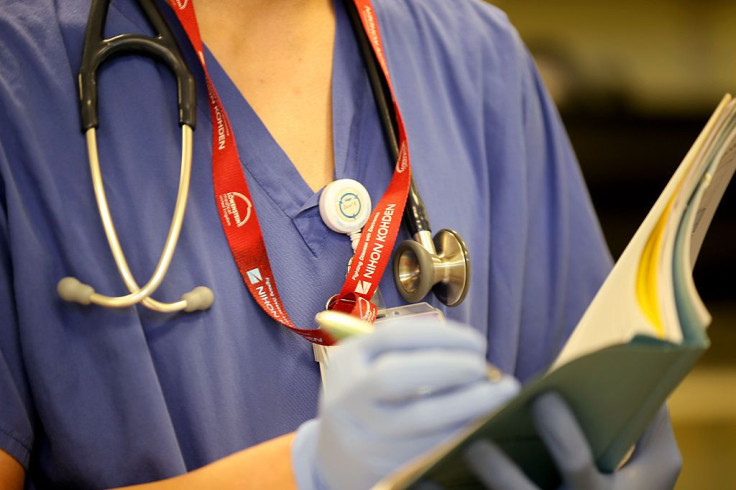BRCA1 Mutations May Negatively Affect Fertility; Women With The Gene Have Fewer Eggs

The BRCA1 gene mutation, a variant women often list as the reason for their preventive mastectomy, substantially increases risk for breast cancer and other forms of gynecologic cancer — now new research suggests it may also jeopardize a woman’s chances of getting pregnant.
The study, published in the journal Human Reproduction, links the gene to the ovarian reserve, a term fertility specialists use to determine how many eggs women have that are capable of being fertilized. The reserve naturally ages as women do, hence a lot of speculation around the so-called right time to get pregnant. Women who put off pregnancy until they were 35 feared they had waited too long — until The Atlantic revealed that the study largely responsible for this fear was based on very old data. We’re talking 17th-century old.
While the decline in fertility over the course of a woman’s 30s may have been oversold, both egg quantity and quality are factors for a healthy pregnancy. What the new study tells us is that women who carry the BRCA1 mutations may lose their egg supply at an accelerated rate.
Researchers analyzed anti-Müllerian hormone (AMH) levels, which are thought to reflect the size of remaining egg supply, from 693 women aged 25 to 45 from Australian and New Zealand families. If women didn’t carry either the BRCA1 or BRCA2 mutation, then they were at least a blood relative of a mutation carrier. The National Cancer Institute finds that 55 to 65 percent of women will inherit a harmful BRCA1 mutation and 45 percent will inherit a harmful BRCA2.
Each participant recorded her age, sex, education, economic status, height, and weight as well as her history of breastfeeding, menstruation, and personal and family cancer. Each also gave blood samples in order for researchers to test AMH concentration levels.
After adjusting for age, oral contraceptive use, body mass index, and smoking — factors that affect hormone levels — the researchers found that women with BRCA1 mutations had 25 percent lower AMH concentrations than non-carriers on average. This is the equivalent of a two-year age increase for a non-carrier woman in her 30s. So at age 35, a woman who carries this mutation has the eggs of a 37 year old who does not.
This wasn’t the case for women carrying the BRCA2 mutation, a difference researchers suggest has to do with the fact that the BRCA2 mutation does less damage to DNA than BRCA1. The BRCA2 carriers in this study also reported fewer cancers than women with BRCA1.
"So it is credible that any effect of mutation status on ovarian reserve would be more pronounced in BRCA1 mutation carriers,” study author Kelly-Anne Phillips, a consultant medical oncologist at the Peter MacCallum Cancer Centre in East Melbourne, said in a press release. “There may be a lesser effect in BRCA2 mutation carriers as well, but our study did not have adequate power to detect it."
The team’s findings are consistent with prior observation, namely a 2010 study that found breast cancer patients with BRCA1 mutations undergoing ovarian stimulation in order to preserve fertility before chemotherapy sessions had fewer eggs than woman who carried the BRCA2 or did not carry either mutation.
While AMH may be a reliable indicator of egg quantity, Phillips said that it’s important to remember that it’s only one indicator of potential fertility. After egg quality, there’s also the state of a woman’s fallopian tubes, which may be obstructed, for example. The latter has nothing to do with hormones.
Phillips and her team acknowledge that more research needs to be done before they can draw a firm line between AMH concentration and these genetic mutations. As is, though, the researchers believe their study could “shed new light on mechanisms of age-related fertility decline, the most common indication for assisted reproduction treatment.”
Source: Phillips KA et al. Anti- Müllerian Hormone Serum Concentrations of Women With Germline BRCA1 or BRCA2 Mutations. Human Reproduction. 2016.
Published by Medicaldaily.com



























